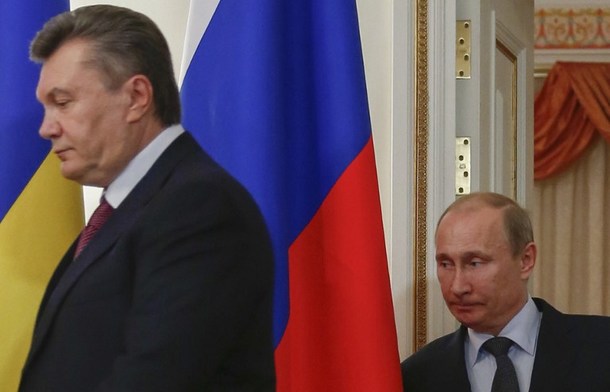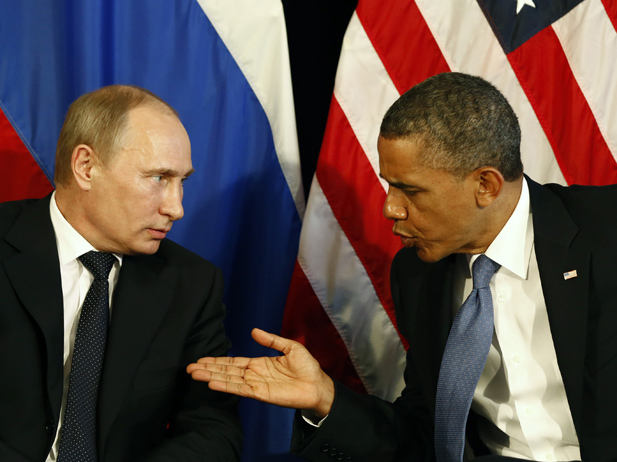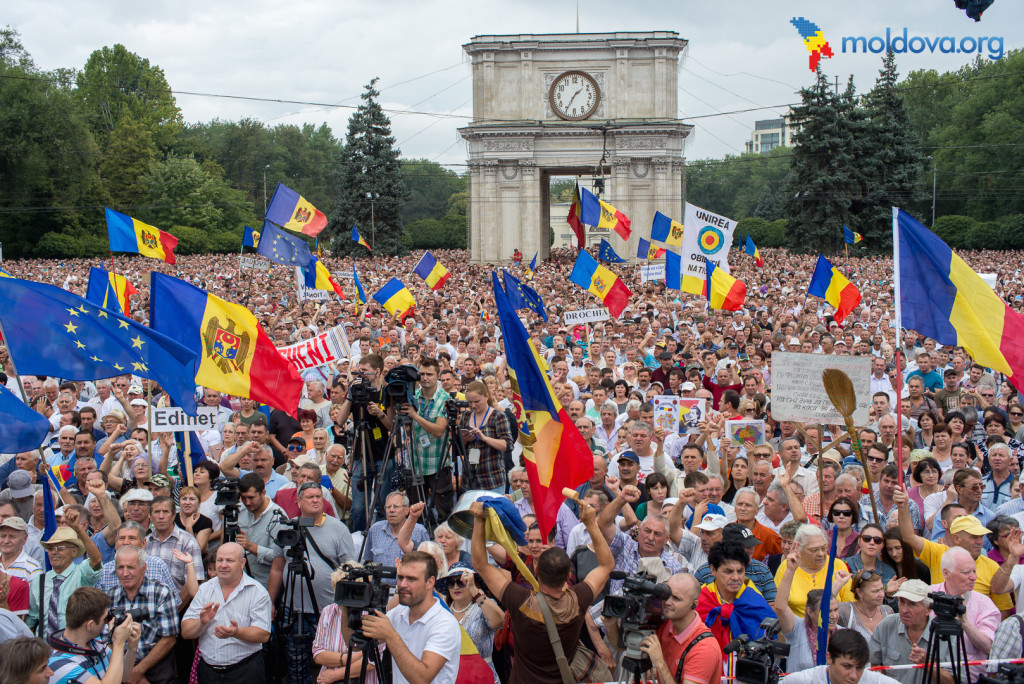In my first article, I provided some background context to the latest round of Ukrainian protests. I cited president Victor Yanukovych’s refusal to sign the Association Agreement with the European Union in November as the major reason for the protests. I noted that the Ukrainian people had the right to feel aggrieved by the President’s decision considering that this was Ukraine’s golden opportunity to finally see accelerated development after almost an entire century of being a Russian dependency. However, despite many people being understandably irritated at Yanukovych’s decision, I opined that Yanukovych’s decision to delay the signing of the deal might not have been so irrational after all. An understanding of the reasons why Yanukovych delayed the deal was essential to understanding the reasons behind Yanukovych’s decision.
[captionpix align=”left” theme=”elegant” width=”300″ imgsrc=”http://natoassociation.ca/wp-content/uploads/2013/12/ukraine2.jpg ” captiontext=””]
I highlighted Ukraine’s extremely lopsided economic relationship with Russia as the primary mitigating factor to Ukraine signing the deal quickly. I specifically highlighted Ukraine’s near total dependence on Russia for natural gas to heat up the country as being the best indicator of the difficult position Ukraine is currently in. Russia, harboring its own ambitions of a customs union to rival the EU, expertly exploited its dominant role in the relationship with Ukraine by offering Ukraine heavy discounts on natural gas- a resource so critical for Ukraine and something the European Union was not able to offer. This effectively jeopardized hopes of an agreement any time soon because Yanukovych, being the president of Ukraine, had little choice but to consider the Russian offer as it is his job to look for the best deal possible for his country. This article will highlight what I think is the second biggest factor behind Yanukovych’s reason to delay an agreement on the deal; Ukraine’s checkered post-Cold War economic history.
Continuing from my last article, the other major mitigating factor to Ukraine signing an Association deal with the European Union is the looming shadow of Ukraine’s post-Cold War economic past. One only needs to look back at the end of Cold War and the way that eastern bloc economies – Ukraine included- struggled to adapt to the the global economic system into which they were suddenly thrust. Ukraine, for most of the 1990s, saw contraction of the economy at historic levels year on year, serious hyperinflation and a budget deficit that was at one point 14.4% of the country’s GDP- an alarming statistic. Part of the reason for this horrible economic decade for the country was that economic change could not keep pace with the rapid political change that swept through eastern Europe-Ukraine included- in 1989 and 1990. This is why it was rather unsurprising that a Ukrainian economy built on strictly soviet socialist principles struggled to adapt to a global economic system built on western principles. The result was not only economic turmoil but also political instability and confusion.
We are slowly seeing echoes of the 1990s again in Ukraine. After the rapid turnaround in the economy’s fortune from 2000-2008, Ukraine was hit really hard by the 2008 economic crisis and is still struggling to recover. It has beenforecast that Ukraine will be cash-strapped in the near future and are scheduled to face approximately $ 8 billion in debt repayments next year alone. Considering all of this on the horizon, it is only sensible that Yanukovych and the Ukrainian government demand that the European Union put forward a solid plan – in the interest of its citizens- to help the soften the heavy blow that the Ukrainian economy will inevitably suffer as it is exposed to a new economic market. The EU has offered just $800 million in aid as a potential insulator against the immediate effects of joining the EU. When one considers that Ukraine thinks the immediate blow of an EU deal to its economy will be in the region of $20 billion, the EU’s proposal does not even begin to address any issues. Russia on the other hand, have offered $15 billion of economic aid to Ukraine to help mitigate any potential economic disasters in the near future. Although there are doubts as to the long term effects of the Russian offer on Ukraine’s economy, Yanukovych cannot be blamed for holding out for a better deal for his country. It is what he was elected to do. Throwing his country into a monumental deal without taking into proper consideration the immediate side effects would be amateurish.
Finally, it is important that we all remember that the Ukraine-EU deal is not dead yet. President Yanukovych still attended the EU summit in Vilnius despite not agreeing to the deal. In addition, President Yanukovych has already suggested that a deal could be concluded as soon as spring of 2014 if the EU offer better financial conditions. Yanukovych is not looking to deny Ukraine a chance to join the EU, he is doing the right thing by trying to get the best possible deal for his country.




